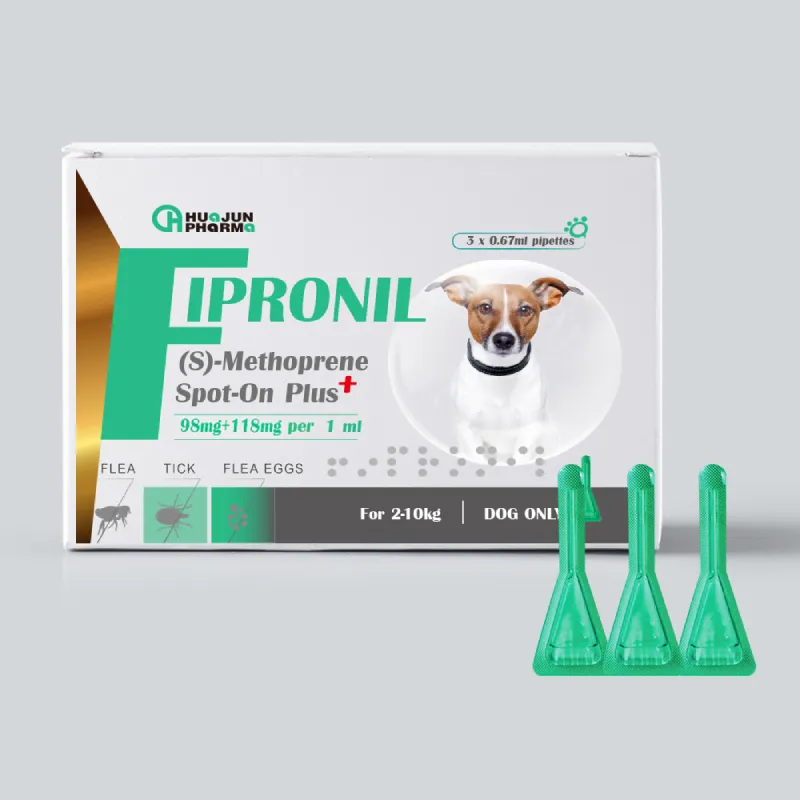
Jul . 29, 2024 22:11 Back to list
Exploring the Benefits of Bacillus Subtilis Probiotics in China for Gut Health and Immunity Enhancement
The Role of Bacillus Subtilis Probiotics in Enhancing Health and Well-being in China
In recent years, the concept of probiotics has gained immense popularity in China, driven by a growing awareness of gut health and its significant impact on overall well-being. Among the various probiotic strains, Bacillus subtilis has emerged as a noteworthy contender, with promising applications in health, agriculture, and food production.
Understanding Bacillus Subtilis
Bacillus subtilis is a rod-shaped, Gram-positive bacterium commonly found in soil and the gastrointestinal tract of humans and animals. This spore-forming probiotic has been utilized for centuries in traditional fermentation processes, particularly in the production of foods like natto, a popular Japanese dish made from fermented soybeans. Its resilience in harsh environments, such as extreme pH and temperature, allows it to survive the gastrointestinal tract, thereby exerting beneficial effects once ingested.
Health Benefits of Bacillus Subtilis
Research highlights several health benefits associated with Bacillus subtilis. One of its primary roles as a probiotic is to restore and maintain a healthy balance of gut microbiota. This balance is crucial for digestive health, as an imbalance can lead to issues such as diarrhea, constipation, and inflammatory bowel disease (IBD). By promoting the growth of beneficial bacteria and inhibiting pathogenic strains, Bacillus subtilis helps enhance gut health and overall digestive function.
Additionally, Bacillus subtilis has been shown to modulate the immune system. Studies indicate that it may boost immune responses by enhancing the activity of immune cells like macrophages and T-lymphocytes, thereby increasing the body’s ability to fend off infections. This immune-modulating effect is particularly beneficial in a country like China, where air pollution and lifestyle factors often lead to various health challenges.
china bacillus subtilis probiotic

Another crucial advantage of Bacillus subtilis is its potential role in improving nutrient absorption. The bacterium produces enzymes that can break down complex carbohydrates and proteins, making it easier for the body to absorb essential nutrients. This function is particularly important in modern diets that may lack sufficient fiber and may lead to nutrient deficiencies.
Applications in Agriculture and Food Industry
In addition to its health benefits, Bacillus subtilis plays a significant role in agriculture. It is used as a biofertilizer and biopesticide, promoting sustainable farming practices that are increasingly important in China. By enhancing soil fertility and suppressing harmful pests, this probiotic reduces the need for chemical fertilizers and pesticides, contributing to more sustainable agricultural practices.
Moreover, the food industry in China has begun to incorporate Bacillus subtilis in various products. It is commonly found in dietary supplements and functional foods marketed for digestive health. The fermentation of food products using Bacillus subtilis not only enhances their nutritional profile but also extends their shelf life, offering consumers healthier options.
Conclusion
The growing recognition of Bacillus subtilis as a probiotic in China reflects a broader trend towards embracing natural and holistic approaches to health. With its numerous health benefits, including promoting gut microbiota balance, supporting immune function, and enhancing nutrient absorption, along with its applications in agriculture and food production, Bacillus subtilis stands out as a vital component in the journey toward better health. As research continues to unveil its potential, Bacillus subtilis may well become a cornerstone of probiotics in China, leading to improved health outcomes for many individuals and promoting sustainable practices in agriculture.
-
Premium China Bacillus Subtilis Supplier & Factory Solutions
NewsJul.30,2025
-
Premium Avermectin Supplier in China | Custom Solutions Available
NewsJul.29,2025
-
China Bacillus Subtilis Supplier - Custom Factory Solutions
NewsJul.29,2025
-
China Salivation: Leading Custom Salivation Supplier & Factory Solutions
NewsJul.29,2025
-
Leading Lincomycin Hydrochloride Manufacturer & Supplier with High Purity
NewsJul.29,2025
-
Bio-Enzyme Yogurt Growth Promoter Factory - Top Quality Manufacturer & Supplier
NewsJul.28,2025




